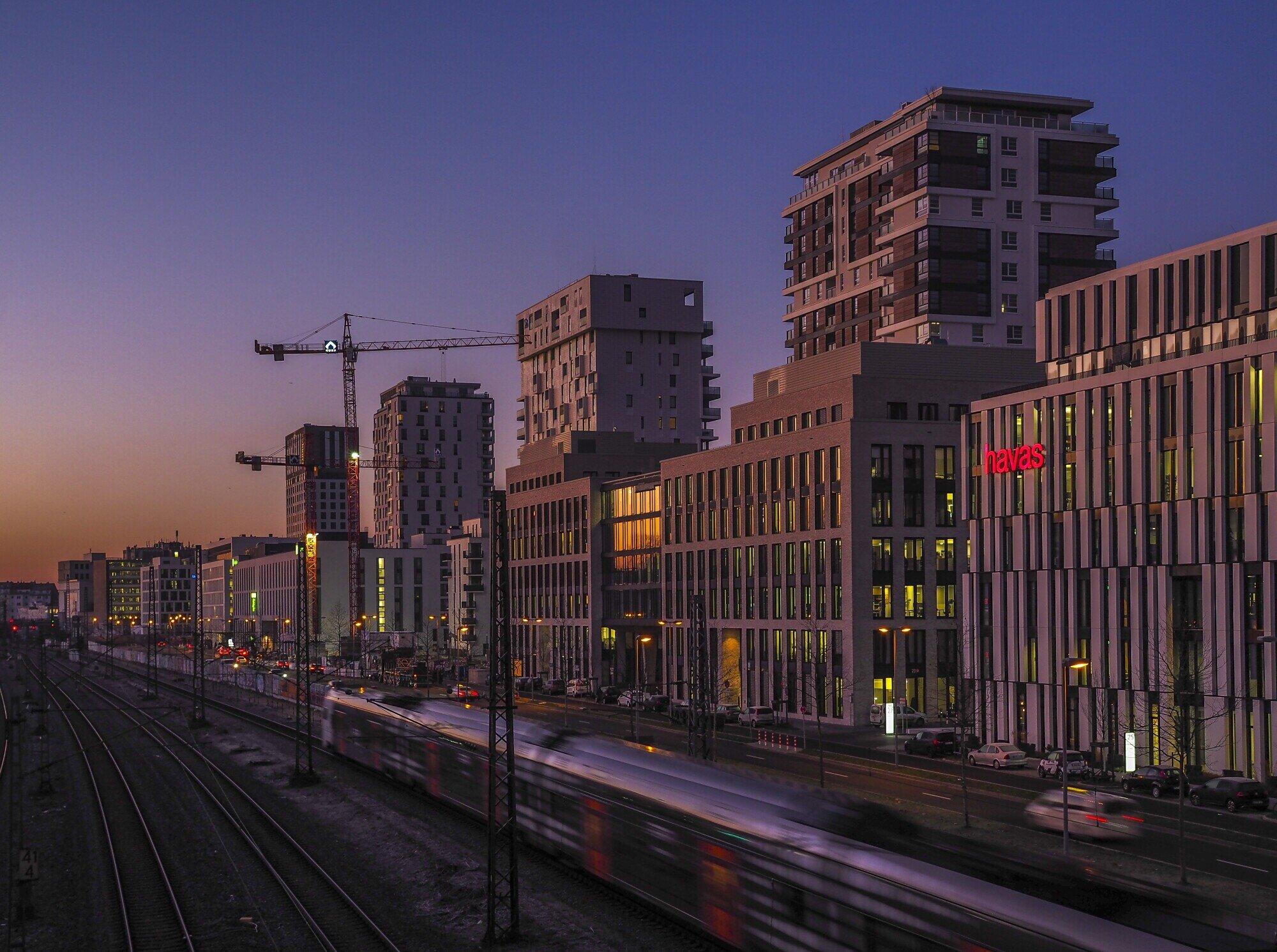Owning commercial property can be a lucrative endeavor. But before you shake hands with your tenant and hand over the key, make sure you've set up clear parameters for a lease. Everything from payment methods to maintenance responsibilities should be spelled out in detail to avoid any conflicts.
Read on to learn about five key components of commercial lease agreements in Raleigh, NC!
1. Lease Start and End Date
When creating a commercial lease agreement, plan on indicating the lease start and end dates. Additionally, share your policy on lease terminations and renewals.
When it comes to office space lease tips, a big one is to be ready to compromise. A company or person may want to extend a lease for a few months, or they may try negotiating commercial leases for better terms. In any case, it's to your benefit to bend so your property is occupied.
2. Pertinent Contact Information and Payment Details
With the lease terms explained, you can move on to other critical details. List your contact information so tenants know how to get ahold of you.
Furthermore, be sure to detail the monthly rent payment amount and how it can be paid. Let tenants know what the penalties are for late payments.
You also should describe the property in detail. Include the square footage, number of buildings, and parking lot description. The better the description, the more clear it is as to what the tenant gets through the agreement.
3. Utility Payments
Who will pay for heat, air conditioning, and other utilities? Commercial property agreements need to make this clear. Make sure you itemize each utility responsibility in your lease agreement.
You may want to make the tenant responsible. This way, you're not stuck with high bills if the tenant prefers to keep the thermostat cooler.
4. Maintenance
Inevitably, any commercial property will encounter maintenance needs. You can expect anything from leaky pipes to aging HVAC equipment. As such, you'll need to be clear on who handles routine maintenance and urgent repairs.
You could put language in the agreement stating the tenant covers these issues, for instance. Or perhaps you'll cover certain costs, like sudden plumbing issues, while the tenant handles routine servicing.
5. Renovation Protocol
Finally, consider that the tenant may want to make alterations to the property. For example, they may want to paint walls or tear down walls. As an owner, you'll need to decide what is acceptable.
Furthermore, make sure to outline other uses of the property. If you don't want certain activities occurring on your property, be explicit about it.
Create Complete Commercial Lease Agreements
When you're setting up commercial lease agreements, pay attention to details like the start and end date of the lease. Be clear on who covers utilities and maintenance, and let tenants know what types of renovations are acceptable.
At PMI Capital City RTP, we bring over two decades of experience in property management to the table. Our expertise and professionalism will ensure you're able to get the most out of your commercial investment. Contact us today to learn more!


